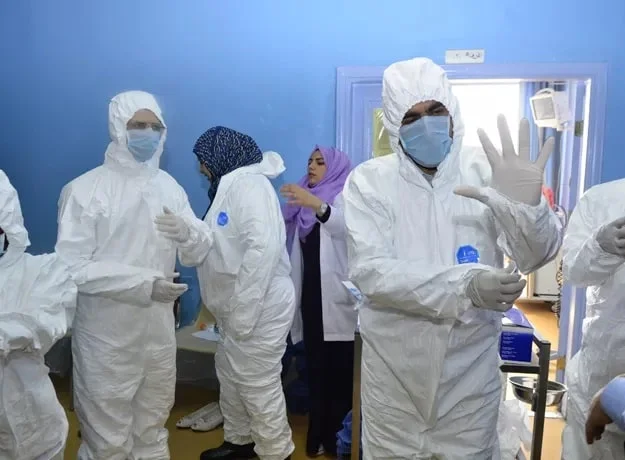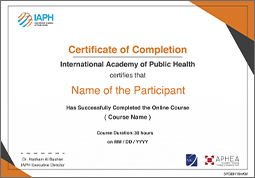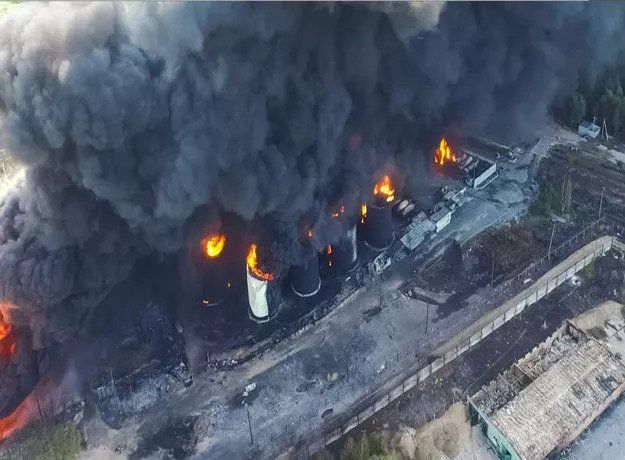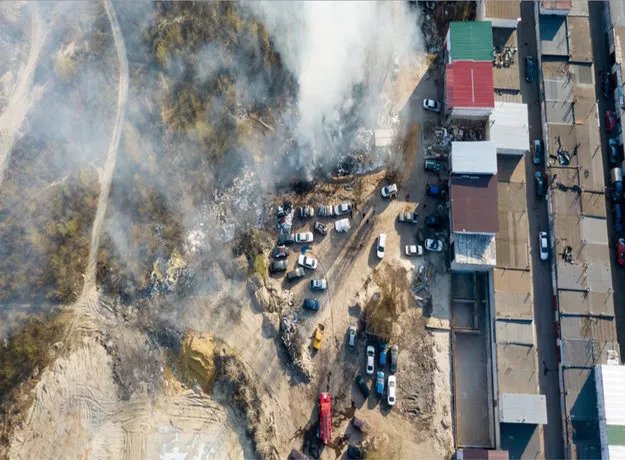Public Health Risk Management
The Public Health Emergency Management program equips residents with the necessary knowledge and skills needed to effectively apply various tools for managing different public health emergencies. This program uses case studies to cover qualitative and quantitative risk, hazard, vulnerability and capacity assessments in community settings. It also emphasizes integration of risk with resource assessment, hazard mapping, simulation exercises, potential disaster loss and levels of acceptable risk assessments. In addition, it includes training on how to use risk and vulnerability assessments to formulate prevention and mitigation strategies on national, provincial and local scales. The total duration of the program is three months, composed of five weeks of In class/online study and seven weeks of field work.
Learning Outcomes
- Apply various public health tools and techniques in challenging conditions
- Conduct risk assessments, analysis, and risk communication
- Effectively prepare for and manage health consequences of mass gatherings
- Design community-based emergency management projects
Targeted Group
The target audience of this programs are public health professionals working for ministries of health, non-governmental organizations, and humanitarian agencies. this programs will also be valuable for those looking for a career in emergency management.


Certificate






